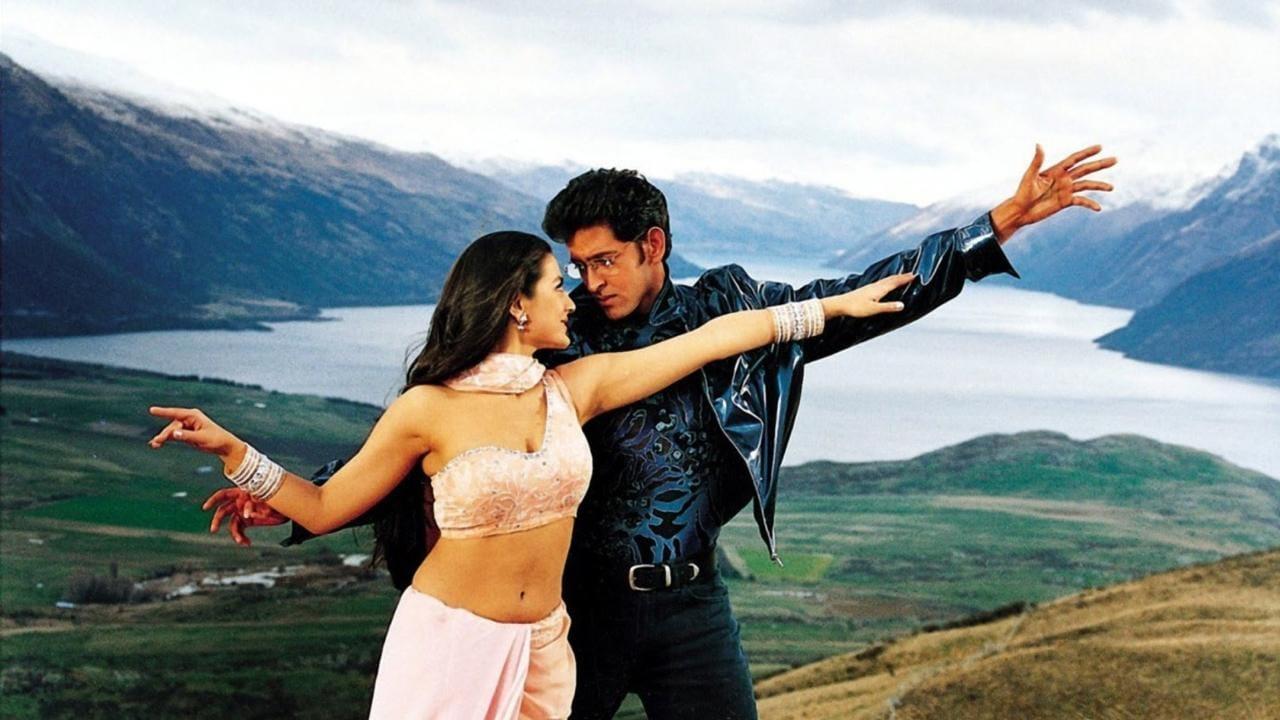
An FIR (First Information Report) has been filed implicating veteran allrounder Shakib Al Hasan in the alleged murder of a garment worker during a mass protest in Bangladesh on August 5. The report, lodged at Adabor Police Station in Dhaka, includes prominent political figures such as the country’s former prime minister Sheikh Hasina and her top ministers among the 147 individuals named. Rafiqul Islam, the father of the deceased Mohammed Rubel, is the complainant in the case.
According to The Daily Star, Shakib, who previously served as a member of parliament representing the Awami League (Sheikh Hasina’s party), is listed as the 28th accused in the FIR. The case statement suggests that the accused, following instructions either directly or indirectly from other individuals, opened fire during the protest at Ring Road in the Adabor area, resulting in the death of multiple students, including Rubel.
Notably, Shakib was not present in Bangladesh during the time of the incident. The 37-year-old allrounder was engaged in his cricketing commitments with Bangla Tigers Mississauga at the Global T20 Canada tournament in Canada. Shakib had a busy schedule in June, representing Bangladesh at the ICC Men’s T20 World Cup in the USA and the Caribbean, followed by his participation in the Major League Cricket for Los Angeles Knight Riders.
The unrest in question began with a protest organized by garment workers and other labor groups, which quickly escalated into widespread violence. The intensity of the protests eventually forced Prime Minister Sheikh Hasina to flee the country and seek refuge in India, highlighting the gravity of the situation.
In other cricket-related news, the newly appointed chief of the Bangladesh Cricket Board (BCB), Faruque Ahmed, has expressed discontent with the current trajectory of the national team. Ahmed particularly criticized the appointment of Chandika Hathurusingha as the head coach of the Bangladesh men’s cricket team, stating that the Sri Lankan coach’s second term was undeserved and detrimental to the team’s performance.
Ahmed’s criticism of Hathurusingha’s leadership has initiated discussions within the BCB regarding the potential search for a new head coach. Additionally, Ahmed has stated his intention to meet with Tamim Iqbal, one of Bangladesh’s most experienced cricketers, to clarify his future with the national team. Tamim’s potential retirement has been a subject of speculation, and Ahmed seeks to resolve this matter promptly to ensure team stability.
.
The situation presents a complex web of sports, politics, and social unrest, with Shakib Al Hasan’s name being central to the controversy. While his physical absence from Bangladesh on the day of the incident might offer some respite, his past political affiliation with the Awami League and his notable public presence make the allegation a serious matter.
Shakib’s involvement raises several crucial questions about accountability, justice, and the intersection of celebrity and politics in Bangladesh. His fans, who revere him for his cricketing prowess, are left in a state of shock and confusion. If the allegations hold, it could lead to a significant downfall for one of the country’s most beloved sports icons. However, there is also a strong possibility that his name has been wrongfully entangled in a political vendetta.
This high-profile case is expected to draw considerable attention both domestically and internationally, shedding light on the broader issues of labor rights, political maneuvering, and the state of governance in Bangladesh. As the investigation progresses, all eyes will be on the authorities to ensure a transparent and fair judicial process.
In the meantime, the Bangladesh cricket fraternity is on edge, especially with upcoming international commitments. The uncertainty over Shakib’s legal situation, coupled with potential changes in the team’s management and roster, poses significant challenges.
The BCB’s internal dynamics will also be closely watched. Faruque Ahmed’s critical stance on Hathurusingha and Tamim Iqbal’s future could signal major shifts in the national team’s strategy and composition. These developments could either lead to a period of instability or a decisive, rejuvenated approach to Bangladesh cricket.
As the story unfolds, the intersection of cricket, politics, and social unrest in Bangladesh remains a compelling, albeit troubling, narrative that continues to evolve.










